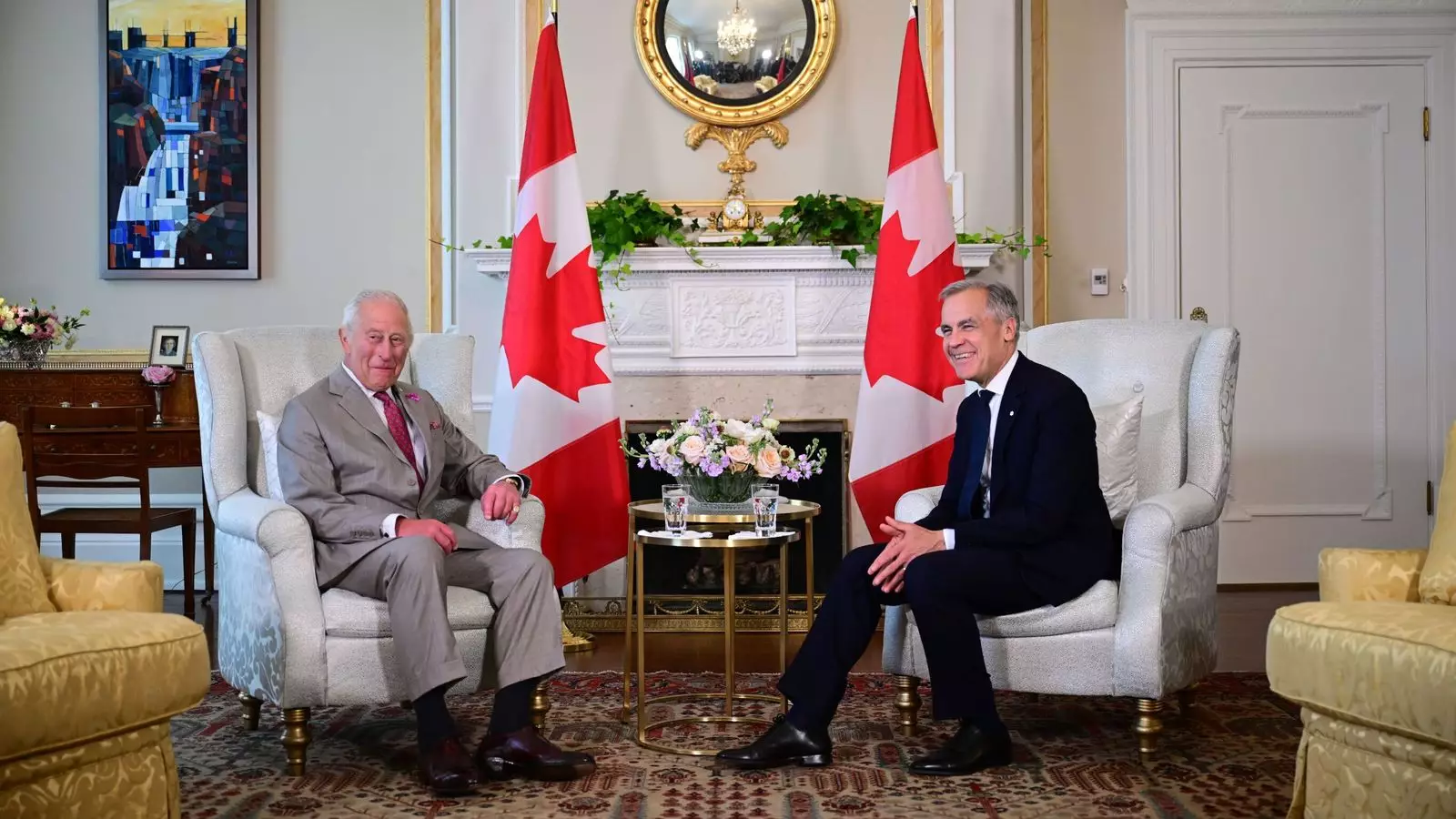In an age where the reverberations of colonialism and historical injustices are under intense scrutiny, the visit of King Charles and Queen Camilla to Canada presents a pivotal moment for both the monarchy and the nation. Advocacy groups are seizing this opportunity, urging the royal couple to acknowledge the suffering endured by over 100,000 British Home Children, who were uprooted from their homes and sent across the Atlantic from 1869 to 1948. These minors, often cloaked in the guise of migrants seeking better lives, were predominantly subjected to exploitation and mistreatment in a foreign land. A genuine plea for acknowledgment and apology for such egregious historical wrongs cannot be understated; it is essential for the healing process of countless families and descendants still navigating the repercussions of this dark chapter.
The Canadian Denial
The reluctance of the Canadian government to issue a formal apology for its involvement in the child migrant schemes stands as a testament to the broader challenges of reconciling with the past. While the UK and Australia have taken steps toward acknowledgment and reparative measures, Canada seems to be relunctant to embrace its own history. This lapse in action not only perpetuates the wounds inflicted on the Home Children but dismisses an opportunity for the nation to mature in its understanding of itself and its historical narrative. The echoes of silence surrounding such injustices can be deafening, translating the trauma into a forgotten legacy that continues to affect the descendants of those Home Children.
Voices That Matter
The personal account of John Jefkins, whose father was among the Home Children sent to Canada, underscores the urgency of this reckoning. “They were treated very, very badly by the Canadian government at the time,” he asserts, summing up the collective sorrow of many who carry the weight of this history. John’s emotional plea highlights that the call for an apology is not merely a gesture but a crucial step toward healing. The emotional scars run deep, and for many like him, recognition of their plight is the first step on the arduous path toward reconciliation.
The visit of King Charles is indeed an opportunity that should not be squandered. It provides a unique platform for the monarchy to engage meaningfully with the narrative of Home Children, transcending the role of mere ceremonial figureheads. This is about taking a stand, acknowledging human pain, and fostering a dialogue that addresses historical grievances. The King’s meeting with Canada’s political leadership should focus not only on current political issues but must also re-examine the past injustices that still resonate in Canadian society.
Commonwealth Solidarity and Action
As the new Head of the Commonwealth, King Charles holds a unique responsibility to address such matters with compassion and intent. This visit could pave the way for not only discussions on sovereignty but also deeper reflections on the human stories that lie under the umbrella of these politically charged discussions. By demanding accountability, King Charles can reaffirm the monarchy’s role in not just advocating for the Commonwealth but in healing wounds from the past that continue to affect real lives today.
For Canada, confronting its colonial history is imperative to its self-identity. In claiming to build a nation predicated on values of equality and justice, there lies a moral obligation to acknowledge those who contributed—oftentimes under the most trying circumstances. By embracing the histories of those marginalized and exploited, Canada has a chance not only to honor them but to shape a future that is inclusive and aware of its past mistakes.
Moving Towards Healing
The royal couple’s presence in Canada could initiate a much-needed conversation about how collective memory can lead to collective healing. This isn’t just about addressing historical grievances but also about creating a framework for social justice that informs the actions of future leaders and policymakers. In the monumental task of reconciling with history, King Charles and Queen Camilla must not just be symbols but active participants in the healing process—a process that, if undertaken sincerely, can help build bridges across generations marred by the pain of past injustices.
Through earnest acknowledgment, the monarchy has the power to influence and inspire a national dialogue that elevates forgotten voices and fosters a sense of belonging for all Canadians. It is time to confront this past, to own it, and to ultimately heal from it.

Leave a Reply